Suzi Quatro - Best Of The 70's (2000) Lossless
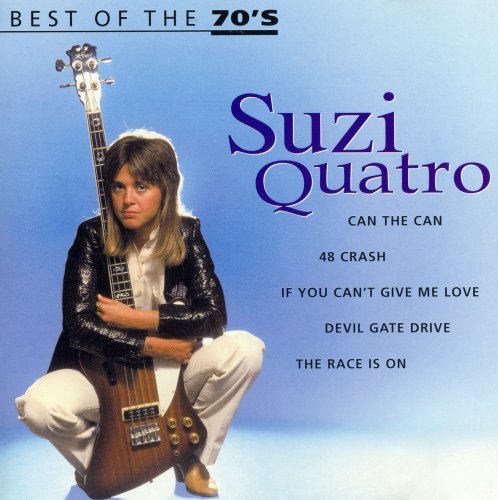
Artist: Suzi Quatro
Title: Best Of The 70's
Year Of Release: 2000
Label: Disky – SI 990302
Genre: Rock
Quality: FLAC (image+.cue,log,scans)
Total Time: 01:03:06
Total Size: 445 MB
WebSite: Album Preview
Tracklist:Title: Best Of The 70's
Year Of Release: 2000
Label: Disky – SI 990302
Genre: Rock
Quality: FLAC (image+.cue,log,scans)
Total Time: 01:03:06
Total Size: 445 MB
WebSite: Album Preview
01. Can the Can 03:33
02. 48 Crash 03:50
03. Daytona Demon 03:58
04. All Shook Up 03:46
05. Shakin' All Over 03:31
06. Devil Gate Drive 03:45
07. Too Big 03:17
08. Keep a Knockin' 03:13
09. Wild One 02:49
10. Your Mama Won't Like Me 03:57
11. Heartbreak Hotel 03:49
12. Tear Me Apart 02:56
13. If You Can't Give Me Love 03:51
14. Race Is On 03:54
15. Love Hurts 02:42
16. She's in Love With You 03:31
17. Mama's Boy 03:33
18. I've Never Been in Love 03:01
Suzi Quatro was hardly the first Tough Girl in rock & roll -- there were plenty of precursors, from Wanda Jackson and the Shangri-Las to Grace Slick and Janis Joplin -- but Quatro codified a type of rock & roll woman who didn't exist before she took the stage, one who looked as tough as the guys and wasn't merely a singer but also an instrumentalist, the leader of the band who made the noise right along with the rest of the group. With her trademark leather jumpsuit and big bass guitar (which seemed even bigger given her diminutive stature of just five feet), Quatro created a new and potent image for women in rock, one that spoke of both strength and sexiness, and she became a major international star in the '70s, though it would take a while before she was as readily recognized in the United States as in the United Kingdom.
Susan Kay Quatro was born in Detroit, Michigan on June 3, 1950. Her father, Art Quatro, played in a local jazz combo, and as a child Quatro occasionally sat in with the group as a percussionist; she also studied piano and drums. Art Quatro played bass, and would later present Quatro with one of his instruments, a 1957 Fender Precision Bass, which she would go on to play on-stage. Quatro got the rock & roll bug early in life when she saw Elvis Presley perform on television and became an instant fan; in 1964, Quatro and her sister saw the Beatles on The Ed Sullivan Show, and like millions of other teenagers, they were inspired to form a band of their own. Quatro and her siblings Patti and Arlene assembled an all-female garage band, the Pleasure Seekers, who played on the Detroit nightclub circuit and at teen clubs. The group's debut single, "What a Way to Die," would go on to become a collector's item among garage fans, with Quatro comparing her boyfriend to a bottle of beer, and deciding the beer was better company. The Pleasure Seekers later scored a deal with Mercury Records, and released a single for the label before parting ways with Mercury when they wanted to boost the group's sex appeal in a bid to sell more records.
In 1969, the Pleasure Seekers evolved into a group called Cradle, who played the rock ballroom circuit in the Midwest. In 1971, noted British record producer Mickie Most was in Detroit with Jeff Beck when he was persuaded to see Cradle by Michael Quatro, Suzi's brother and Cradle's manager, as well as a promoter and musician in his own right. Most wasn't bowled over by Cradle, but he was very impressed with Suzi, and offered her a deal with his RAK Records label as a solo act. Quatro moved to England as she and Most strategized a solo career for her; her first single, 1972's "Rolling Stone" b/w "Brain Confusion," which featured Peter Frampton on guitar, was a flop everywhere but Portugal, but her next 45 was another story altogether. Most recruited Mike Chapman and Nicky Chinn, who had written and produced hits for the Sweet, Mud, and the Arrows, to work on Quatro's next disc, and "Can the Can," a stomping, glam-inspired number with silly lyrics but an unstoppable rhythmic tune, was a number one hit in Britain and Australia. It was the first in a series of hits that Quatro would enjoy in the U.K. and Australia over the next five years, most from the Chapman & Chinn team and including such glam rock gems as "48 Crash," "Devil Gate Drive," and "The Wild One," but despite periodic touring in her homeland (including one road trip where her opening act was a scruffy but ambitious New York band called Kiss), Quatro would have to wait until 1978 to finally score a hit in America.
In 1977, she was cast as Leather Tuscadero, a rock & roll singer, on the popular American situation comedy Happy Days, and while the character was originally meant to only appear in two episodes, reaction was strong enough that Quatro would appear on the show seven times in the 1977-1978 season. Quatro's run on Happy Days coincided with the release of her fifth album, 1978's If You Knew Suzi (her first for RSO Records after Bell Records failed to break her in the States), and the LP rose to 37 on the U.S. charts (her previous high rank had been 125), while the single "Stumbin' In," a duet with Chris Norman of Smokie, reached number four on the U.S. singles charts (curiously, it only went to 41 in the U.K.). Quatro's next album, 1979's Suzi…And Other Four Letter Words, didn't fare quite as well, but it did spawn "She's in Love with You," which just missed hitting the American Top 40 and rose to 11 in England. When Mike Chapman founded his own label, Dreamland Records, in 1980, Quatro was one of his first signings. 1980's Rock Hard turned out to be one of Dreamland's most successful releases, but the label crashed and burned in 1981, and 1983's Main Attraction, which found Quatro dipping her toes into new wave-influenced material, was a commercial and critical disappointment, and Quatro's days as a hitmaker were over.
Undaunted, Quatro set out to reinvent herself as an actress, and in 1986, she starred in a revival of the celebrated musical Annie, Get Your Gun on London's West End. The show was a rousing success, and Quatro pursued an eclectic show biz career, hosting a TV chat show (Gas Street), acting on British television, starring in another West End musical about the life of Talullah Bankhead, serving as a disc jockey for BBC radio, presenting a series of music documentaries for BBC TV, penning her autobiography, and starring in a one-woman show adapted from her memoirs. In between all this, Quatro continued to periodically release albums that found her defiantly playing the sort of hard rock that made her name in the '70s, including 2003's What Goes Around, 2006's Back to the Drive, and 2011's In the Spotlight. In 2014, Quatro, who was still successfully touring the U.K., Australia, and Japan, celebrated the 50th anniversary of her career in rock & roll with a four-CD box set, The Girl from Detroit City, which traced her years in music from the first Pleasure Seekers' single to her 21st century recordings
Susan Kay Quatro was born in Detroit, Michigan on June 3, 1950. Her father, Art Quatro, played in a local jazz combo, and as a child Quatro occasionally sat in with the group as a percussionist; she also studied piano and drums. Art Quatro played bass, and would later present Quatro with one of his instruments, a 1957 Fender Precision Bass, which she would go on to play on-stage. Quatro got the rock & roll bug early in life when she saw Elvis Presley perform on television and became an instant fan; in 1964, Quatro and her sister saw the Beatles on The Ed Sullivan Show, and like millions of other teenagers, they were inspired to form a band of their own. Quatro and her siblings Patti and Arlene assembled an all-female garage band, the Pleasure Seekers, who played on the Detroit nightclub circuit and at teen clubs. The group's debut single, "What a Way to Die," would go on to become a collector's item among garage fans, with Quatro comparing her boyfriend to a bottle of beer, and deciding the beer was better company. The Pleasure Seekers later scored a deal with Mercury Records, and released a single for the label before parting ways with Mercury when they wanted to boost the group's sex appeal in a bid to sell more records.
In 1969, the Pleasure Seekers evolved into a group called Cradle, who played the rock ballroom circuit in the Midwest. In 1971, noted British record producer Mickie Most was in Detroit with Jeff Beck when he was persuaded to see Cradle by Michael Quatro, Suzi's brother and Cradle's manager, as well as a promoter and musician in his own right. Most wasn't bowled over by Cradle, but he was very impressed with Suzi, and offered her a deal with his RAK Records label as a solo act. Quatro moved to England as she and Most strategized a solo career for her; her first single, 1972's "Rolling Stone" b/w "Brain Confusion," which featured Peter Frampton on guitar, was a flop everywhere but Portugal, but her next 45 was another story altogether. Most recruited Mike Chapman and Nicky Chinn, who had written and produced hits for the Sweet, Mud, and the Arrows, to work on Quatro's next disc, and "Can the Can," a stomping, glam-inspired number with silly lyrics but an unstoppable rhythmic tune, was a number one hit in Britain and Australia. It was the first in a series of hits that Quatro would enjoy in the U.K. and Australia over the next five years, most from the Chapman & Chinn team and including such glam rock gems as "48 Crash," "Devil Gate Drive," and "The Wild One," but despite periodic touring in her homeland (including one road trip where her opening act was a scruffy but ambitious New York band called Kiss), Quatro would have to wait until 1978 to finally score a hit in America.
In 1977, she was cast as Leather Tuscadero, a rock & roll singer, on the popular American situation comedy Happy Days, and while the character was originally meant to only appear in two episodes, reaction was strong enough that Quatro would appear on the show seven times in the 1977-1978 season. Quatro's run on Happy Days coincided with the release of her fifth album, 1978's If You Knew Suzi (her first for RSO Records after Bell Records failed to break her in the States), and the LP rose to 37 on the U.S. charts (her previous high rank had been 125), while the single "Stumbin' In," a duet with Chris Norman of Smokie, reached number four on the U.S. singles charts (curiously, it only went to 41 in the U.K.). Quatro's next album, 1979's Suzi…And Other Four Letter Words, didn't fare quite as well, but it did spawn "She's in Love with You," which just missed hitting the American Top 40 and rose to 11 in England. When Mike Chapman founded his own label, Dreamland Records, in 1980, Quatro was one of his first signings. 1980's Rock Hard turned out to be one of Dreamland's most successful releases, but the label crashed and burned in 1981, and 1983's Main Attraction, which found Quatro dipping her toes into new wave-influenced material, was a commercial and critical disappointment, and Quatro's days as a hitmaker were over.
Undaunted, Quatro set out to reinvent herself as an actress, and in 1986, she starred in a revival of the celebrated musical Annie, Get Your Gun on London's West End. The show was a rousing success, and Quatro pursued an eclectic show biz career, hosting a TV chat show (Gas Street), acting on British television, starring in another West End musical about the life of Talullah Bankhead, serving as a disc jockey for BBC radio, presenting a series of music documentaries for BBC TV, penning her autobiography, and starring in a one-woman show adapted from her memoirs. In between all this, Quatro continued to periodically release albums that found her defiantly playing the sort of hard rock that made her name in the '70s, including 2003's What Goes Around, 2006's Back to the Drive, and 2011's In the Spotlight. In 2014, Quatro, who was still successfully touring the U.K., Australia, and Japan, celebrated the 50th anniversary of her career in rock & roll with a four-CD box set, The Girl from Detroit City, which traced her years in music from the first Pleasure Seekers' single to her 21st century recordings
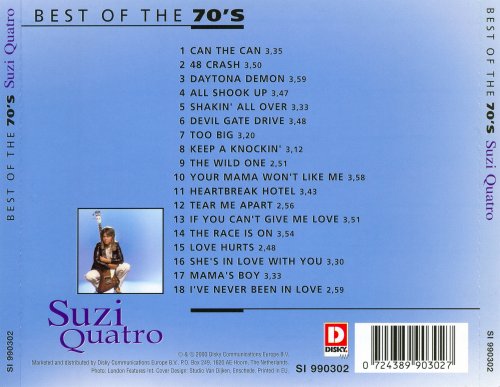
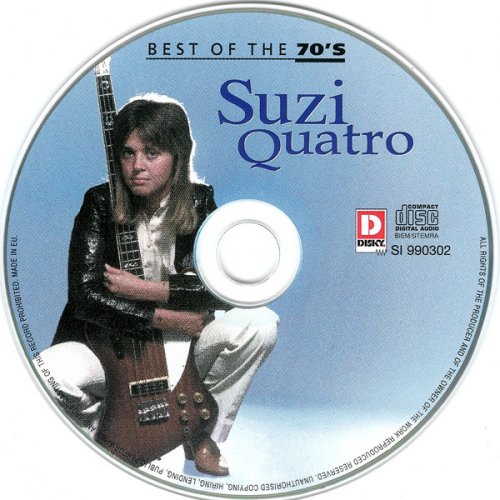
![Andreas Røysum Ensemble - Andreas Røysum Ensemble with Marvin Tate (2025) [Hi-Res] Andreas Røysum Ensemble - Andreas Røysum Ensemble with Marvin Tate (2025) [Hi-Res]](https://img.israbox.com/img/2026-02/09/ykeodm7hf0rcmt815qdtlvyfd.jpg)
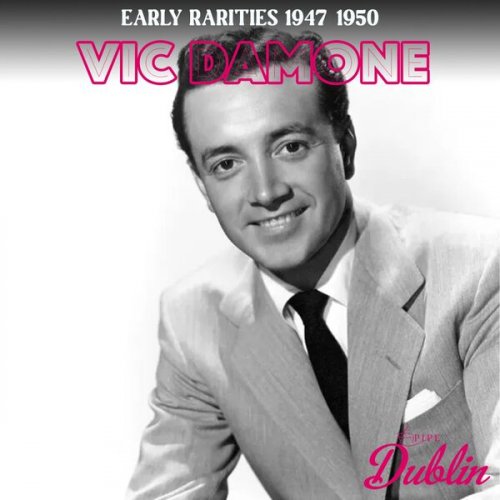
![Willis Jackson - Soul Grabber (1968) [Vinyl] Willis Jackson - Soul Grabber (1968) [Vinyl]](https://www.dibpic.com/uploads/posts/2026-02/1770670520_5.jpg)
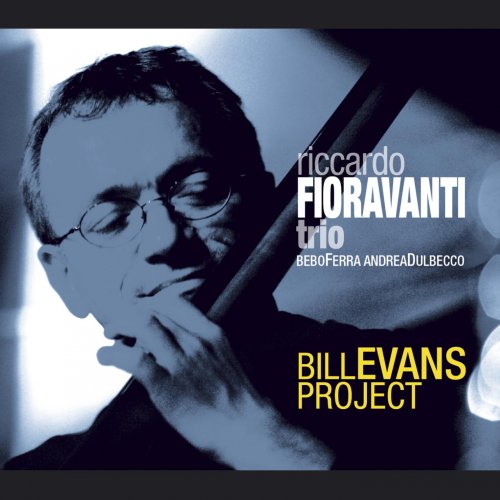
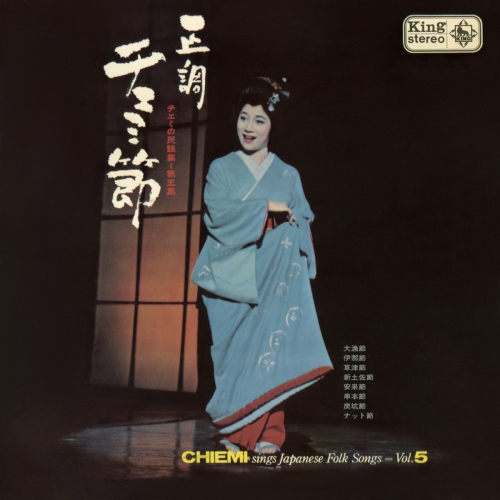
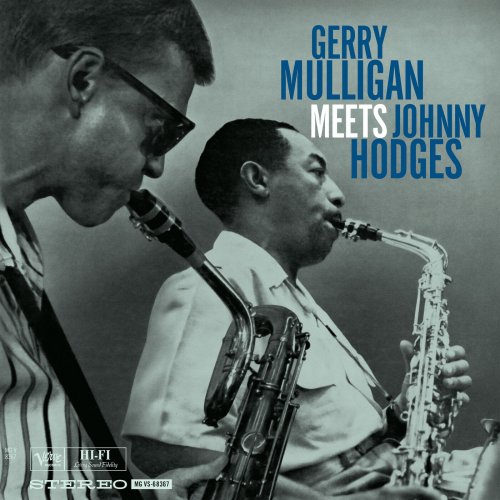
![George Wein & The Storyville Sextet - Metronome Presents Jazz at the Modern (Live / Remastered 2014) (2026) [Hi-Res] George Wein & The Storyville Sextet - Metronome Presents Jazz at the Modern (Live / Remastered 2014) (2026) [Hi-Res]](https://www.dibpic.com/uploads/posts/2026-02/1770798976_cover.jpg)
![Dobs Vye - Lounge Fever (2026) [Hi-Res] Dobs Vye - Lounge Fever (2026) [Hi-Res]](https://www.dibpic.com/uploads/posts/2026-02/1770796125_lg5fka4etpbeq_600.jpg)
![Bill Evans Trio - Sunday At The Village Vanguard (1961) [2023 DSD256] Bill Evans Trio - Sunday At The Village Vanguard (1961) [2023 DSD256]](https://www.dibpic.com/uploads/posts/2026-02/1770661877_front.jpg)